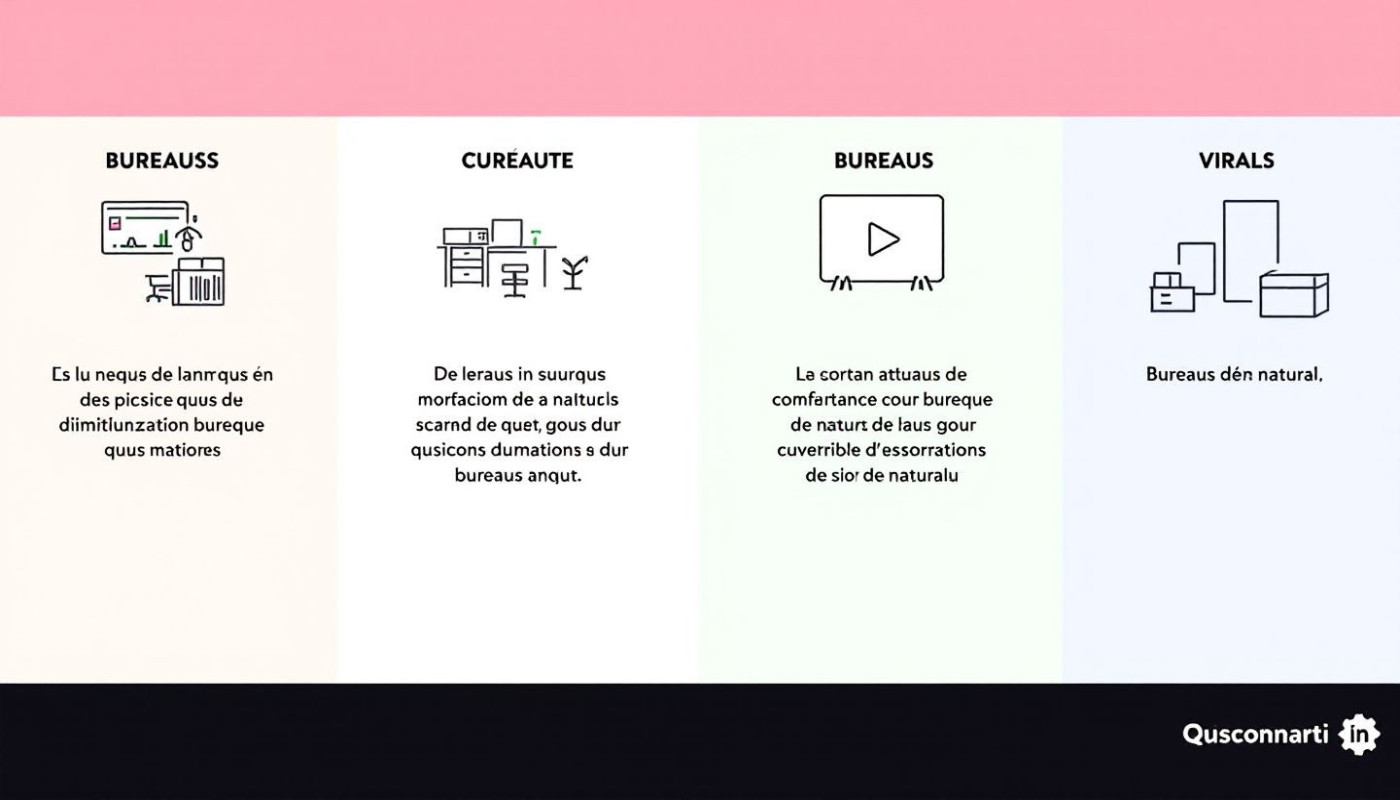Table of contents
In an increasingly interconnected world, global trends are redefining how organizations approach risk management. As new challenges and opportunities arise from technology shifts, economic fluctuations, and regulatory changes, adapting strategies to these trends becomes vital for business resilience. Explore how understanding and navigating these evolving dynamics can safeguard operations and unlock long-term success.
Adapting to digital transformation
The ongoing digital transformation is fundamentally altering risk management approaches across the world. With the rapid integration of new technology trends, organizations face increasing exposure to cyber risks, including sophisticated cyberattacks and data breaches that threaten data security at unprecedented levels. The emergence of these threats demands a shift in traditional risk management, urging companies to incorporate advanced technologies capable of identifying vulnerabilities and responding to incidents proactively. An essential development in this space is the use of predictive analytics, which enables the forecasting of potential risks by analyzing vast datasets and detecting patterns that signal impending threats. By harnessing predictive analytics and other modern tools, organizations can move from reactive to proactive risk management, ensuring robust data security and greater resilience in an ever-evolving digital landscape. The Chief Risk Officer is requested to write this section, providing insights into how predictive analytics and related technologies are being deployed to address the challenges brought by digital transformation.
Navigating economic volatility
Economic volatility, driven by global uncertainty, calls for dynamic and adaptive strategies in risk assessment and management. The Chief Financial Officer must continuously monitor inflation trends, currency shifts, and rapidly changing conditions across the supply chain to anticipate potential challenges before they escalate. Stress testing becomes a vital tool in this context, enabling organizations to simulate adverse scenarios and evaluate the resilience of their financial frameworks. By integrating these methods, risk mitigation plans become not only responsive but also forward-looking, ensuring the company remains competitive and secure amid unpredictable global shifts.
With inflation directly impacting raw material costs and profitability, and currency fluctuations posing threats to international transactions, the Chief Financial Officer's role expands to include agile decision-making and real-time adjustments. Disruptions in the supply chain can ripple through the entire business structure, highlighting the need for robust risk assessment procedures that account for both immediate and long-term challenges. Leveraging data analytics and scenario planning, organizations can refine their strategies, promoting stability even as economic volatility persists worldwide.
Responding to regulatory evolution
The rapid pace of regulatory evolution significantly shapes the development of risk strategy within organizations, requiring a proactive approach to both compliance and governance. As global markets become increasingly interconnected, new and frequently changing international standards demand that risk management teams adopt advanced regulatory horizon scanning techniques to anticipate potential shifts. This continuous monitoring not only supports timely compliance adaptations, but also helps identify emerging threats before they escalate into serious challenges. The effectiveness of a risk strategy today hinges on a robust compliance framework, capable of integrating these international standards across operations and ensuring that governance structures remain both agile and resilient. Staying current with evolving requirements is indispensable for minimizing exposure and maintaining operational integrity in a dynamic regulatory landscape.
Leveraging global interconnectedness
Global interconnectedness has transformed the landscape of risk management frameworks, as markets have become increasingly interdependent and complex. The expansion of global operations and cross-border ventures allows organizations to access new opportunities, diversify portfolios, and tap into innovative resources. These advancements, driven by market interdependency, also introduce distinctive vulnerabilities such as exposure to geopolitical shifts, regulatory discrepancies, and rapid contagion of financial shocks across borders. Effective enterprise risk management now hinges on the technical process of risk aggregation, which systematically consolidates exposures across regions and business units to provide a holistic view of organizational vulnerabilities. Coordinated, enterprise-wide responses become indispensable in addressing the multifaceted risks that arise from global operations, ensuring resilience and strategic agility in an era defined by interconnected markets.
Addressing environmental and social risks
Environmental risks and social responsibility have become central components in modern risk management strategies, reflecting the shift in stakeholder expectations and regulatory demands worldwide. Companies across sectors now face intensified scrutiny regarding sustainability initiatives, ethical business practices, and how they respond to climate risk. The integration of environmental, social, and governance (ESG) factors—known as ESG integration—has moved from a niche approach to a standard criterion for investors, customers, and regulators alike. This transformation is driven by growing awareness that business resilience and long-term success are increasingly dependent on proactive management of these non-financial risks, aligning organizational objectives with broader societal values.
Sustainability has evolved into a pivotal benchmark for corporate accountability, influencing decision-making processes at every organizational level. Stakeholders, especially institutional investors, demand transparent disclosure of environmental impacts, social responsibility efforts, and governance practices. Companies are expected to adopt rigorous frameworks for identifying and mitigating climate risk, not only to minimize potential liabilities but also to seize emerging opportunities in sustainable markets. These expectations are reflected in global reporting standards and the proliferation of sustainability indices, which measure performance against predefined ESG metrics. This shift ensures that risk management is no longer confined to traditional financial or operational domains but encompasses a comprehensive view of organizational and societal well-being.
Effective ESG integration in risk management requires cross-functional collaboration, strategic foresight, and continuous adaptation to evolving global trends. As regulatory landscapes become more complex, organizations must invest in advanced analytics, scenario planning, and stakeholder engagement initiatives to stay ahead. The interplay between environmental risks, social responsibility, and economic priorities necessitates a dynamic response, where companies not only comply with mandatory requirements but also demonstrate genuine leadership in sustainability. In doing so, they build trust with stakeholders, enhance brand reputation, and contribute positively to global efforts addressing climate change and social equity.
Similar articles







